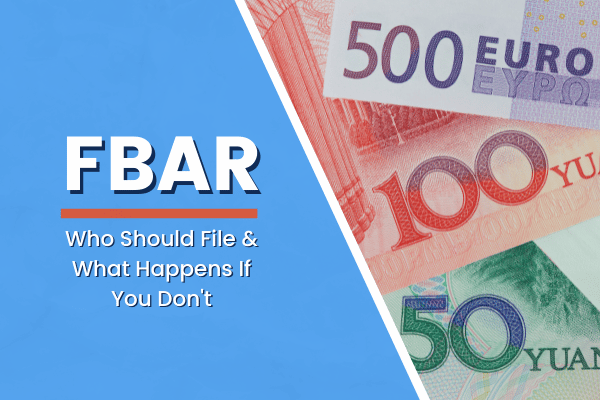
FBAR Filing Requirements (2024): Who Needs to File FinCEN Form 114?
Did you just learn about FBAR filing requirements? Our experienced FBAR lawyers break down all you need to know about this form (otherwise known as FinCEN Form 114).
Schedule a confidential consultation! CONTACT US

“Communication was amazing with fast responses to all emails and questions.
SEE OUR CUSTOMER REVIEWSSchedule a confidential consultation! CONTACT US
Schedule a confidential consultation! CONTACT US

“Communication was amazing with fast responses to all emails and questions.
SEE OUR CUSTOMER REVIEWSSchedule a confidential consultation! CONTACT US

Did you just learn about FBAR filing requirements? Our experienced FBAR lawyers break down all you need to know about this form (otherwise known as FinCEN Form 114).

IRS Form 5471, “Information Return of U.S. Persons with Respect to Certain Foreign Corporations,” has complex filing requirements. Not sure whether you need to file or how to file? This guide breaks down what you need to know.
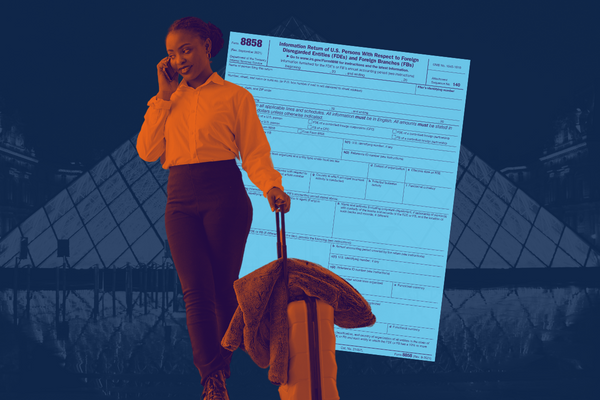
Confused about IRS Form 8858, “Information Return of U.S. Persons With Respect to Foreign Disregarded Entities and Foreign Branches”? This guide from experienced international tax lawyers explains who needs to file and how to avoid penalties.

This guide to Form 8865, “Return of U.S. Persons With Respect to Certain Foreign Partnerships,” breaks down the essentials, including filing categories and who needs to file.
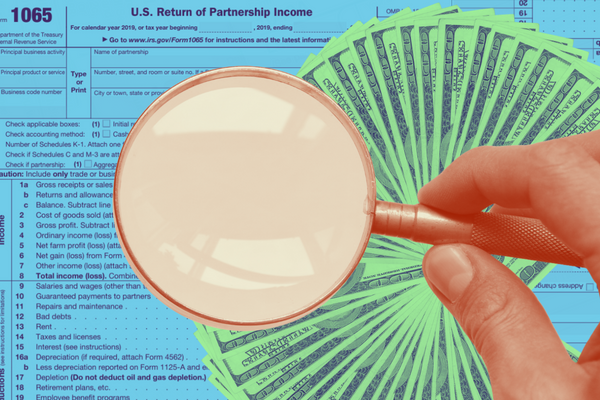
The IRS has begun a new wave of audits targeting high-earning individuals and partnerships. Here’s how you can prepare.
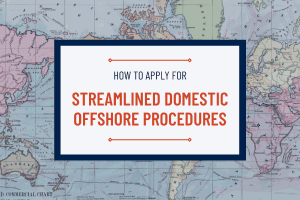
SDOP is an IRS amnesty program for U.S. residents who have unreported foreign income.
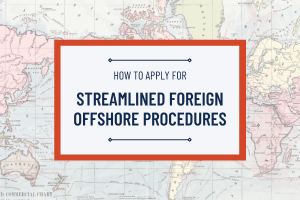
SFOP is an IRS amnesty program for U.S. taxpayers with unreported offshore income. Successful applicants get all non-filing penalties waived!

People often ask: Do Bitcoin and other digital tokens qualify as foreign assets under U.S. law? Answer: Not inherently. Cryptocurrency
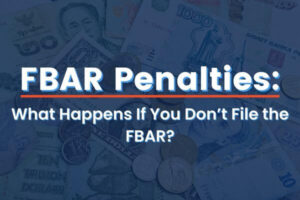
The FBAR, or Foreign Bank Account Report, is a form that must be filed annually by individuals who have foreign financial accounts with a total combined balance of $10,000 or more. Failure to file can result in significant FBAR penalties for individuals to understand their obligations and how to avoid penalties.

The IRS Voluntary Disclosure Program (VDP) gives taxpayers a chance to avoid criminal tax charges by submitting their late or corrected tax returns and agreeing to pay the penalties.
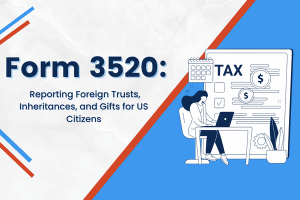
If you received transactions from foreign trusts or entities during the tax year, you may need to file Form 3520.
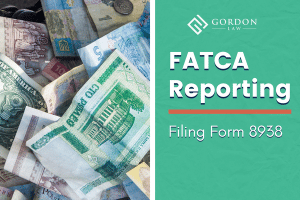
Offshore accounts were once the go-to option for Americans who wanted to hide money from Uncle Sam. Those days are
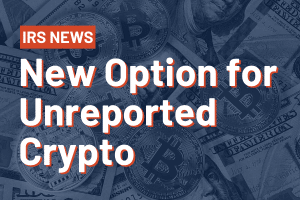
Revised guidelines create a clear pathway for those with criminal concerns regarding unreported crypto.
Fill out this form to schedule a confidential consultation with one of our highly-skilled, aggressive attorneys to help you tackle any tax or legal problem.
Or, you can call us at
Fill out this form to schedule a confidential consultation with one of our highly-skilled, aggressive attorneys to help you tackle any tax or legal problem.
Or, you can call us at
Submit your information to schedule a confidential consultation, or call us at (847) 580-1279